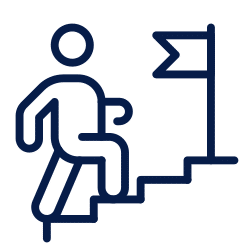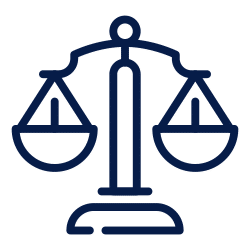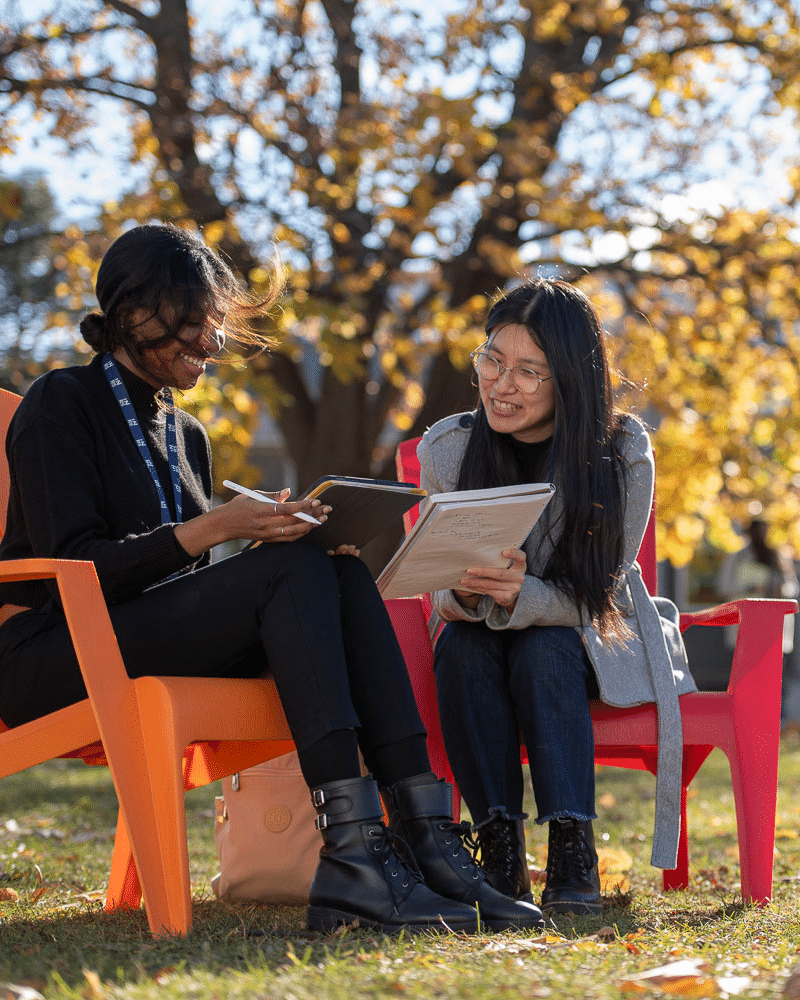A concrete commitment to a more inclusive university
The Institut national de la recherche scientifique (INRS) is proud to unveil its 2025–2030 Action Plan for Equity, Diversity, and Inclusion.
This plan represents a new milestone in INRS’s commitment to fostering a more just, representative, and inclusive institutional culture. Building on efforts initiated in recent years, the plan addresses concerns raised by the community during various consultations.


The Action Plan
The Action Plan for Equity, Diversity, and Inclusion aims to promote a research, study, and work environment where everyone can thrive. Through this initiative, the INRS reaffirms that scientific excellence cannot be achieved without fully recognizing and valuing diverse talents and perspectives.
See the complete action plan in PDF formatPreliminary steps to creating the action plan
INRS acknowledges that members of equity-seeking groups, including women, racialized individuals, people with disabilities, Indigenous peoples, and members of LGBTQ2+ communities, encounter systemic barriers in academia. In its 2019–2024 strategic plan, INRS committed to taking concrete action to eliminate these barriers. To this end, INRS adopted an action plan in November 2020 aimed at ensuring the representation of people from historically discriminated groups as Canada Research Chair holders.
Key findings from the consultations
As part of its efforts to document barriers to equity, diversity, and inclusion within its community, INRS has identified four key issues to address in this action plan.
1- Equity, diversity, and inclusion are the responsibility of all members of the INRS community, both within their professional activities and in their relationships with others. However, some individuals feel unprepared to implement these principles or are reluctant to do so. It is crucial to emphasize the importance of EDI and strengthen INRS members’ skills in this area.
2- Equity seeking groups are underrepresented among INRS staff in all types of employment. Among faculty members, balancing work and personal life poses significant challenges, particularly for women, racialized individuals, and international professors, which can hinder career advancement. Certain obstacles, including disputes with research supervisors, hinder academic progress. International students are particularly vulnerable to this type of situation.
3 – Members of equity-seeking groups face challenges that hinder their well-being and development, such as sexism, bias, financial insecurity, isolation, a lack of appropriate resources, and insufficient support and accommodations for non-native speakers. These challenges are often compounded for individuals with multiple vulnerabilities, such as those from international backgrounds
4 – Members of the student community and staff have reported inappropriate behavior, primarily targeting language, culture, ethnic or racial origins, and gender. Participants in the consultations expressed mistrust of or a lack of awareness of the available avenues for obtaining help in dealing with this type of behavior.
57 actions around 3 axes
Axis 1
supporter the integration of practices that comply with the principles of equity, diversity, and inclusion into the institutional culture of INRS.
Axis 2
leading major strategic initiatives to improve equity, diversity, and inclusion.
Axis 3
evaluate the impact of inrs’s actions in terms of equity, diversity, and inclusion, and promote its commitment.
3 strategic projects

Strategic project 1
Remove barriers to admission, hiring, and career or academic advancement for individuals from groups seeking equity.

Strategic project 2
Supporting the well-being and fulfillment of INRS members, with a particular focus on individuals from equity seeking groups

Strategic project 3
Maintain a zero-tolerance approach to inappropriate conduct


